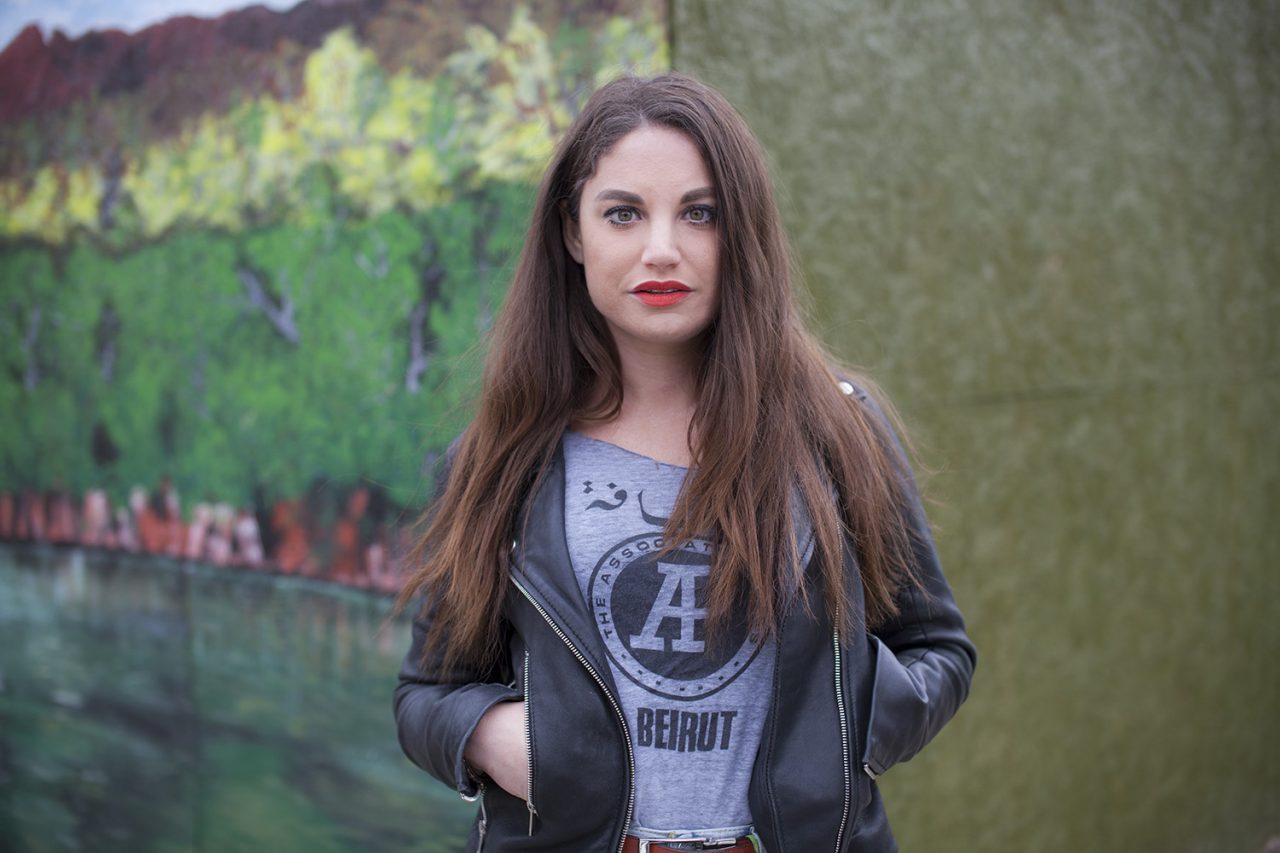Editor’s Note: Pandemic University School of Writing regrets to share the news that Sulome Anderson has decided to cancel her session scheduled for this Monday on how to start out as a foreign correspondent in today’s media environment. (Registered students have been notified. If anyone has questions, email us.)
Sulome graciously provided a public statement about the difficult reasons for her cancellation. They are personal, professional, and pertinent to the subject matter of her class.
Although it only affects those registered for her class, we felt it was important to share with all writers. We hope you’ll take a moment to to read it.
We wish Sulome the absolute best, and we’re thankful for her intention to teach at Pandemic U.
A Message from Sulome Anderson
I’m very sorry to cancel the workshop I was going to teach for Pandemic University on how to start out as a foreign correspondent in today’s media environment. I hope you will allow me to outline my reasons for doing so, in its stead.
Like the rest of the world, the start of the coronavirus pandemic forced many sudden and difficult changes into my life. Unable to travel, it became much more difficult for me to continue a pattern of living that had already been becoming increasingly unsustainable for some time. I didn’t feel comfortable putting vulnerable people at risk by flying around to do stories, which meant I was stuck at home with the reality of my own story.
I have written before about the difficulties of working as a freelance foreign correspondent in a media industry that is suffering deep, institutional changes. More and more journalists starting out today are doing so as freelancers. The Pew Research Center recently found that U.S. newspapers have shed half of their newsroom employees since 2008. As the child of reporters from a different generation, I have long struggled with the frequent injustices of a profession with hardly any industry standards for freelancers; a state of affairs referred to by the European Federation of Journalists as “a threat to our democracy.” Fairly consistent exploitation by an industry that doesn’t pay me enough for my work, which is always difficult and often dangerous; as well as frequent mistreatment and lack of common courtesy from editors, became the norm for me a long time ago. My self-esteem has taken many beatings professionally, and additionally on Twitter, where the tiniest error invites torrents of abuse and harassment from partisan, misogynist trolls.
This was the way of things for several years before the coronavirus. I used to take professional setbacks very personally, assuming the state of affairs was mine alone; but more and more, I am seeing that this constant undercurrent of misery and frustration seems to be simply a feature of the industry. I told myself it was just the price one must pay for doing the kind of work I believed to be important, and for the public good–but I would spend months on a brutal, in-depth investigative piece about the horrors of war, and maybe 30 people would read it. Meanwhile, I was forced to watch our ex-president seize headlines for weeks every time he had an errant thought.
It was amid all these troubles, as well as ever-swirling questions about the media’s behavior during the Trump administration, that the pandemic robbed me of a way to continue acting out lifestyle patterns that were causing me to live in increasing states of anxiety and depression. It forced me to tie myself to the mast, go inward, and ask myself who I really am, without the identity I had used to define myself for so long. If I’m not Sulome Anderson, journalist; if that way of existing in the world is no longer serving my personal health and wellbeing, well, then—who the hell am I…and what am I supposed to do now?
I’ll just be clear and say I have not yet answered those questions, and that’s ok. As I look at the months ahead of me, without much in the way of plans, and no real understanding of how I want my life to look yet, I feel the familiar nagging urge to flail about, pitch stories, find dates to pencil in my schedule—the drive to insert myself back into that low current of unease and unhappiness, which has been so familiar to me my entire working life.
Instead, I am purposely refusing to do all the things I would ordinarily do to make myself feel safe and comfortable. I feel very strongly that, with all the grief and misery it brought the world and myself personally, the coronavirus pandemic has forced me to find a different way to live. For over a year, it parked me face-to-face with all my regrets, and all the ways I was accepting to be limited and kept from being content. Looking forward, I may not have a plan, but I am planning to teach myself that I deserve to be at peace with who I am, no matter what I do for work. I am choosing to continue this journey of introspection and stillness that has been forced upon me, so that I can discover what it will be like to live in a way that isn’t so exhaustingly difficult all the time.
I see a similar transformation calling many people now, at this stage in the pandemic. It’s not clear when things will really go back to normal, or if they even will, in the near future. Certainly, there is an overall sense that the way things were being done no longer seems sustainable; and I feel deep, tectonic shifts rumbling beneath the surface of our culture.
They say the definition of insanity is doing the same things over and over again, while expecting a different response. COVID-19 has illuminated the length and breadth of the world’s insanity, in ways none of us were prepared for. It’s up to each of us what we do, when faced with systems and ways of living that are generally driving us crazy; and making us sick with stress. Every single one of us now has the opportunity to decide if we are brave enough to redefine how we see ourselves, in light of these changes. Perhaps if enough of us make the choice not to participate in ways of life that no longer serve us as individuals or a society, our society will find itself ultimately changed for the better.
Sincerely,
Sulome

